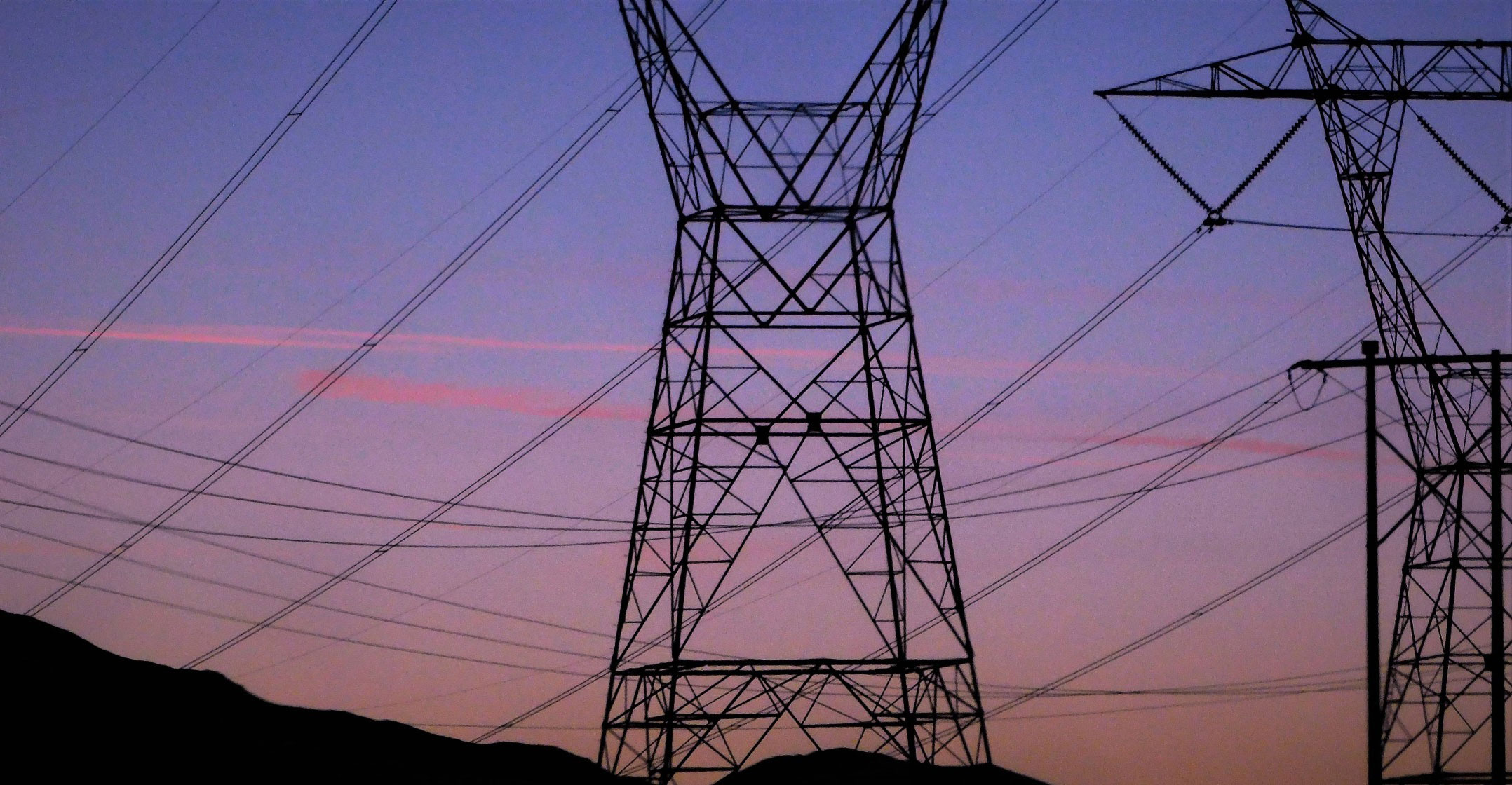 “Wheeling” – the process of moving privately generated power to customers across national utility-owned power grids – is gaining some traction in South Africa’s increasingly liberalised power market.
“Wheeling” – the process of moving privately generated power to customers across national utility-owned power grids – is gaining some traction in South Africa’s increasingly liberalised power market.
Against the backdrop of Eskom’s gradual unbundling of power generation, transmission and distribution, and a surge in the uptake of renewable energy, wheeling is increasingly being viewed as a feasible, scalable solution to the energy shortfalls in South Africa.
Locally, the privatisation of power and the rise of independent power producers (IPPs) is being driven by market forces like the pricing of renewables (especially lithium-ion battery storage components), which are now low enough to make large-scale renewables-based projects cost-competitive with fossil fuel-based ones, and therefore a highly attractive investment proposition.
These market shifts are also shaped by macroeconomic strategy policies like REIPPP (the Renewable Energy Independent Power Producers Procurement Programme), the RMIPPP (the Risk Mitigation Independent Power Producers Procurement Programme) as well as the recent amendment to schedule 2 of South Africa’s Electricity Regulation Act, that raises the threshold for non-Nersa-licensed self- or distributed-generation power plants from 1MW to 100MW.
Wheeling is common practice globally, and several municipalities in the country have already established an enabling legislative framework. It’s a path towards the circular economy principles of carbon neutrality, a goal which some South African metropoles have committed to achieving by 2050.
Specialised tariffs
Wheeling agreements are generally subject to certain specialised transmission tariffs, or wheeling charges, where a portion of the payments for power to the IPP are instead paid to the owners of the transmission infrastructure (in this case Eskom, but transmission could also be privatised in future as part of the national unbundling strategy).
Where previously we’ve seen net metering (where private power producers sell power to the state utility, adding their generation capacity to the national energy grid), we’re now seeing the emergence of power wheeling in South Africa, which, in conjunction with the recent megawatt-threshold amendments, has potential to open whole new markets within the energy sector. Wheeling has thus far been successfully used in projects like the Darling Wind Farm and the Bio2Watt biomass plant, which supplies power to BMW’s Rosslyn plant.
Wheeling will essentially allow privately generated power to be transmitted across the national grid to customers who want it, in a willing buyer, willing seller model. This will facilitate renewables-based energy transmission from sites with good wind and solar radiation to corporate, industrial, residential and civic customers whose locations may be less conducive to renewable energy production. Larger plants could conceivably provide power to numerous clients across the grid simultaneously, and conversely, disparate institutions and interest groups can band together to invest in large-scale offsite renewable power generation facilities, taking advantage of group-purchasing efficiencies and economies of scale. Independently produced power builds companies’ resilience by guarding against load shedding and allowing them to plan more effectively around ongoing operating and energy costs.

The Municipal Energy Resilience (MER) Initiative is another promising development facilitating energy security, wheeling and the liberalisation of the energy supply. Steered by the department of economic development & tourism’s energy directorate, in conjunction with department of local government and provincial treasury, the three-year MER project aims to bolster economic resilience and energy security by supporting, developing and building capacity for renewable energy projects in the Western Cape.
The initiative is aligned with global Covid-19 economic recovery trends that prioritise an accelerated push towards sustainability and decarbonisation. It also represents a step towards our Paris Agreement greenhouse gas emissions reduction commitments and safeguards the Western Cape’s export industry against the imminent carbon border adjustments.
Much like REIPPPP, the MER project is innovative and unique, in that it allows a variety of technology and energy mixes, as well as flexible financing and contracting models, potentially heralding a new ecosystem of complex interrelated projects, with novel methodologies and innovative delivery systems, in which wheeling will play a crucial role.
Energy utilities around the world are seeing the value in providing grid and wheeling services rather than simply selling energy
Having published guidelines and tariff structures earlier this year, the George municipality is running a pilot project exploring the practicalities of wheeling, and fine-tuning the necessary legal and policy frameworks, but the MER initiative will ultimately span many municipalities across the province including Mossel Bay, Overstrand, Swartland and Stellenbosch.
Energy utilities around the world are seeing the value in providing grid and wheeling services rather than simply selling energy. Putting wheeling tariff structures in place is an essential first step.
In an environment where external environmental, social and governance (ESG) pressures increasingly hold sway, wheeling can enable a smooth flow into the market for renewables-based IPP projects. It can assist municipalities achieve carbon-reduction goals, and corporates to achieve their net-zero objectives. Although still nascent, the country’s wheeling agreement strategy looks promising so far. It’s also an essential component in achieving the UN’s Sustainable Development Goal 7 (ensuring universal access to affordable, reliable, sustainable energy), and the principles of a circular economy, and in the short to medium term is a crucial tool in our post-Covid economic recovery plan, and a key ingredient in initiatives that will create employment and develop capacity, while securing power for the people of South Africa.
- The author, Jan Fourie, is an energy sector specialist and GM at Scatec, a renewables firm and winner of a recent RMIPPP bid to supply Eskom with a baseload of 150MW of electricity produced at flagship solar arrays in the Northern Cape

